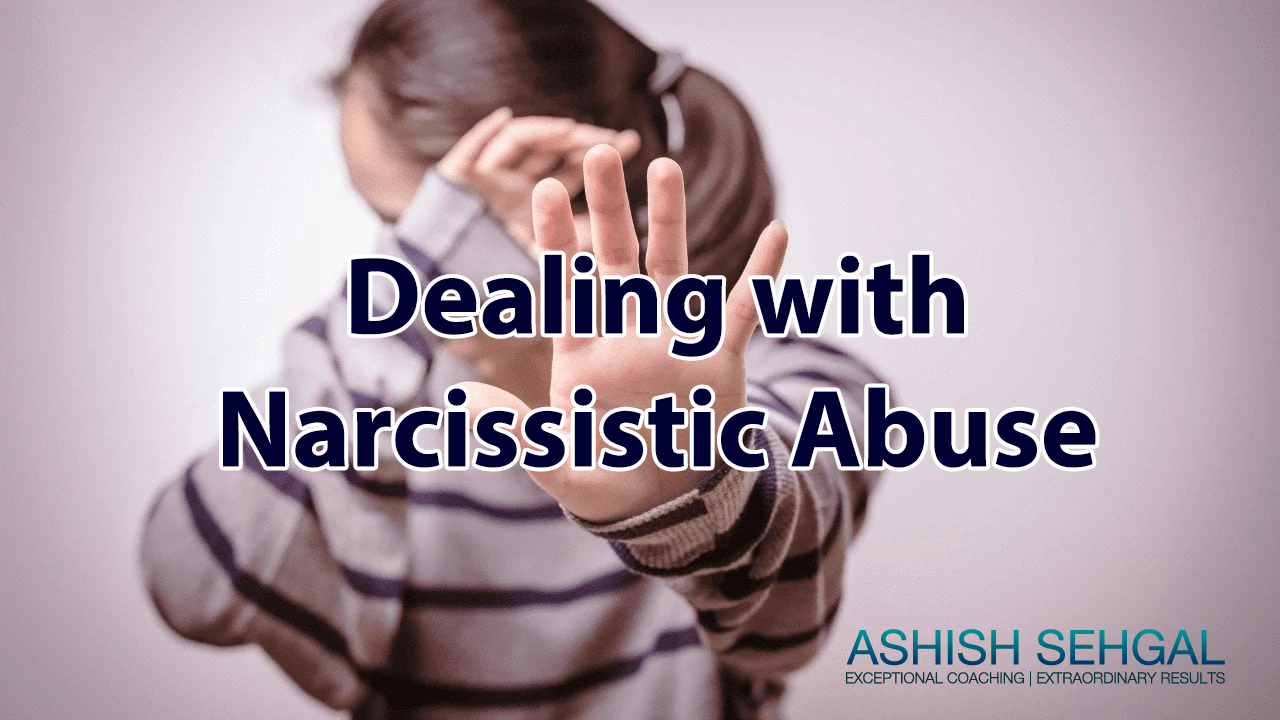Narcissistic Abuse and NLP
Narcissistic abuse is a form of emotional abuse perpetrated by someone who has a narcissistic personality disorder. It is characterized by an individual who is grandiose, self-absorbed, and lacks empathy for others. They may manipulate and exploit those around them to meet their own needs and desires. Narcissistic abuse can take many forms, including verbal abuse, emotional manipulation, and even physical abuse. It can be difficult to identify and escape from narcissistic abuse, as the abuser often uses tactics such as gaslighting to try to make the victim question their own perceptions and memories. If you are experiencing narcissistic abuse, it is important to seek help from a trusted friend, family member, or professional.
What is Narcissism?
Narcissism is a personality trait characterized by an excessive sense of self-importance, a lack of empathy for others, and a need for admiration. People with narcissistic traits may be overly confident, entitled, and demand special treatment. They may have a sense of entitlement and expect others to go along with their ideas and plans. Narcissism is often associated with an inflated sense of self-worth and a desire to be the center of attention.
Narcissistic personality disorder is a more severe form of narcissism that is diagnosed by mental health professionals. It is a mental health condition that requires treatment. People with narcissistic personality disorder may have an exaggerated sense of self-importance, an intense need for admiration, and a lack of empathy for others. They may have difficulty maintaining healthy relationships and may exploit others to meet their own needs. It is important to note that not everyone who displays narcissistic traits has narcissistic personality disorder.
What are the signs of Narcissistic Abuse?
There are many signs of narcissistic abuse. Some common ones include:
- Constant criticism and belittling: A narcissist may constantly criticize and belittle their partner, making them feel worthless.
- Isolation: A narcissist may try to isolate their partner from friends and family, making it harder for the victim to get support.
- Gaslighting: A narcissist may try to manipulate and confuse their partner, making them question their own perceptions and memories.
- Control: A narcissist may try to control every aspect of their partner’s life, including their thoughts, feelings, and actions.
- Unpredictability: A narcissist may have sudden mood swings and be prone to outbursts of anger, making it difficult for their partner to know what to expect.
- Lack of empathy: A narcissist may have a lack of empathy and be unable to show concern for their partner’s feelings.
If you are experiencing these kinds of behaviors in your relationship, it is important to seek help from a trusted friend, family member, or professional.
How can one recover from Narcissistic Abuse?
Recovering from narcissistic abuse can be a long and difficult process. It is important to take care of yourself and prioritize your own well-being. Some steps that may be helpful in recovering from narcissistic abuse include:
- Seek support: It can be helpful to talk to a trusted friend, family member, or mental health professional about your experiences. Support from others can provide you with a sense of validation and can help you feel less alone.
- Seek therapy: Therapy can be a helpful way to process your experiences and learn coping skills. A therapist can help you develop a plan to protect yourself and move forward.
- Take time for yourself: It is important to prioritize self-care and make time for activities that bring you joy and relaxation.
- Set boundaries: It is important to set boundaries with the narcissist and to make it clear what behavior is and is not acceptable.
- Educate yourself: Learning about narcissistic abuse and how to recognize it can help you better understand your experiences and develop strategies to protect yourself.
It is important to remember that recovery from narcissistic abuse is a process and it may take time. It is okay to go at your own pace and to seek additional support if you need it.
How does NLP help in recovering from Narcissistic Abuse?
NLP based Therapy can be a helpful tool in recovering from narcissistic abuse. A NLP Coach and Therapist can provide a safe and supportive space for you to process your experiences and work through any feelings of trauma or anxiety. NLP Therapy can also provide you with tools and strategies to cope with the ongoing effects of narcissistic abuse, such as low self-esteem, difficulty trusting others, and feelings of worthlessness.
In NLP therapy, you may work on:
- Understanding narcissistic abuse: A therapist can help you understand what narcissistic abuse is and how it affects you.
- Processing your emotions: A therapist can provide a safe space for you to express and work through your emotions related to the abuse.
- Building self-esteem: Narcissistic abuse can often lead to low self-esteem. A therapist can work with you to build your self-esteem and confidence.
- Setting boundaries: A therapist can help you learn how to set healthy boundaries with the narcissist and with others.
- Developing a support network: A therapist can help you identify and build a support network of trusted friends and family members.
- Finding ways to cope: A therapist can help you develop coping strategies to deal with the ongoing effects of the abuse.
It is important to find a therapist who is experienced in working with survivors of narcissistic abuse.
Dr. Ashish Sehgal has been working with clients suffesring from narcissistic abuse since decades. You can contact him to help yourself and your loved ones heal from narcissistic abuse.





